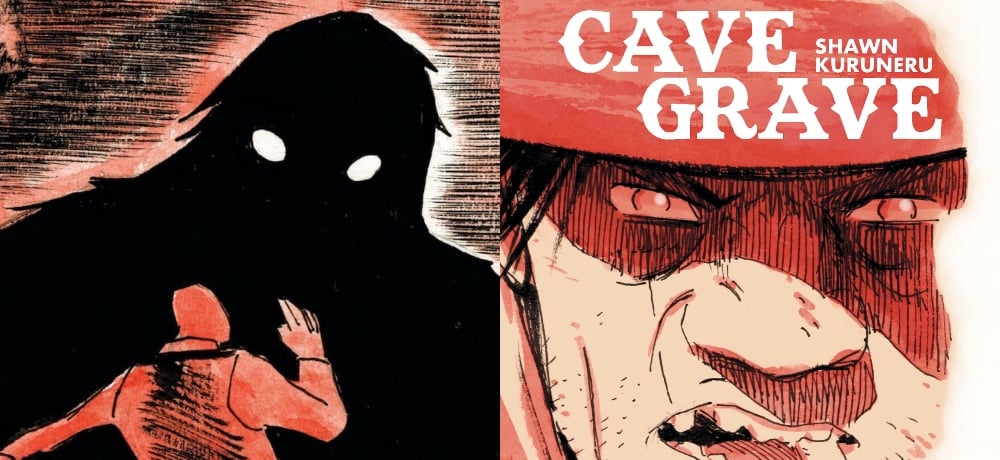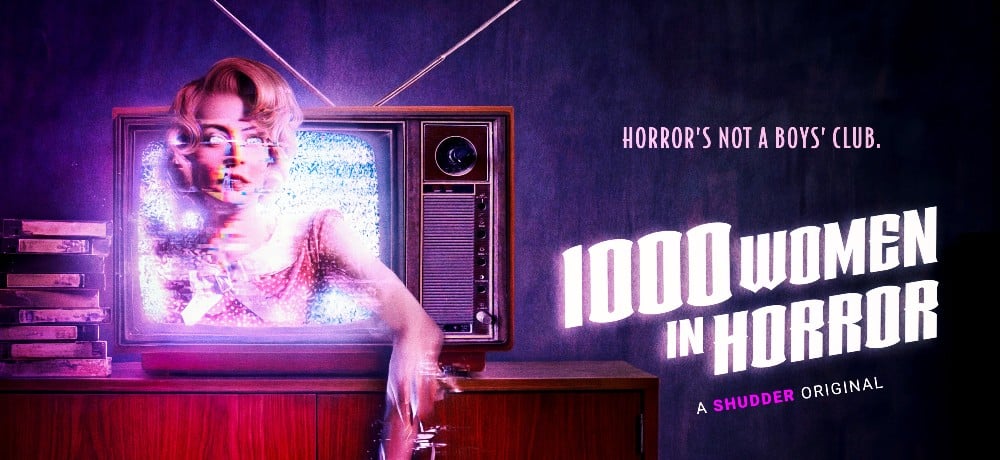





Authors and filmmakers have explored alien invasions since the birth of science fiction. The most common incarnation of this story features the aliens seeking domination over the Earth, with the humans uniting and fighting back. At their cores, these tales are optimistic, and their power pales in comparison to the horrifying allegory at the heart of Octavia Butler’s Dawn. [For those who have not read this and want to, be warned—this article contains a few spoilers.]
Aside from being a pioneer of female and P.O.C-driven genre fiction, Butler also crafts brilliant speculative tales that uproot disturbing truths about humanity. Dawn, the first novel in the Lilith’s Brood trilogy (aka the Xenogenesis trilogy), is a perfect example of this. The novel begins with Lilith, who awakes in a completely white room with no notion of where, or when, she is. The first being she encounters is a frightening-looking extraterrestrial who reveals that she is one of the sole survivors of a nuclear apocalypse. Lilith was saved by the aliens, but at a cost—she is meant to breed with the aliens and create a new race.
Naturally, Lilith’s reaction is one of terror and disgust; yet the aliens slowly begin to win her trust by proving their good intentions. She is meant to educate other humans, and is granted alien abilities in order to do so, becoming a partial hybrid herself. This notion of becoming something more than human is indeed frightening, especially because their appearance is so otherworldly. But the aliens never treat Lilith with cruelty or wickedness; in fact, they show only calm and benevolence, even as her emotions culminate in outbursts. It is only when other humans come into play that the violence starts.
While the aliens are peaceful and non-emotional, the humans react just as you would expect: on the defensive with fear and paranoia. In a twist on the typical invasion story, the humans are unable to unite, and begin to wreak havoc on each other. Lilith tries to maintain control, but even with assistance from the alien life forms, she cannot save her charges from themselves. The tension and suspense are born entirely from human discord—a shocking turn of events, when one expects to fear the aliens instead. In this way, Butler renders a far more disturbing story. Her violence resonates deeply—we see versions of it every day on the news.
Butler’s tale also lingers because of its implications. She shows the human race at its last gasp, having destroyed itself with its own technology; and when presented a chance for survival, the remaining members still cannot unite. The other humans turn against Lilith and attempt to kill her, in the process harming humans and aliens alike. Yet still, Lilith reacts with horror at the idea of breeding human-alien hybrids. Butler seems to suggest that human beings cling to an idea of identity that they cultivated but never earned. What does humanity mean when it destroys itself at every turn?
With elevated science fiction like Black Mirror and Arrival populating our screens, Butler’s work feels right at home. This is a time when speculation and fiction are becoming fact. We have no idea what the next years hold for us. Is apocalyptic nuclear war possible? After reading Dawn, the answer becomes a shaky, frightened “yes.” While it is an entertaining and inventive piece of genre storytelling, Butler’s novel is also a warning. Not all of her human characters devolve into paranoia and violence—there are those who rise to the aliens’ level of peaceful reasoning. There is, perhaps, hope; but first, we must overcome our tendency towards violence that Dawn so viscerally portrays. In spite of the darkness surrounding us, Butler suggests that there is something worthwhile about the human identity. Tales like hers serve to point out that darkness, and hopefully provide ways of combating it, if it isn’t too late already.